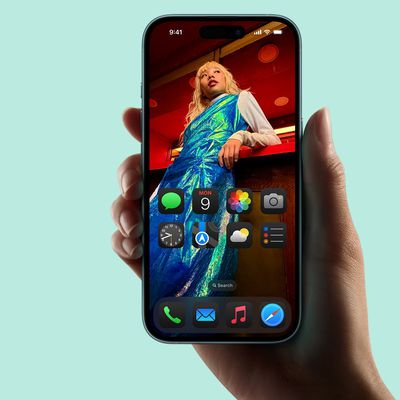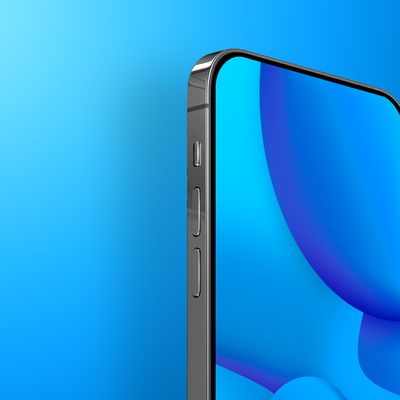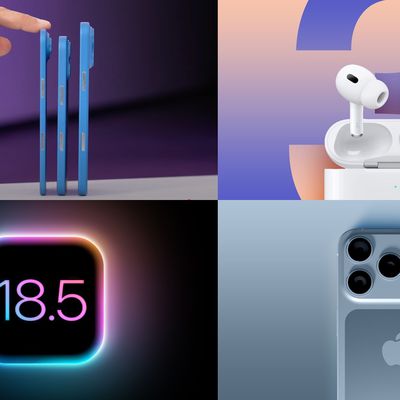Some Verizon Wireless users this week began noticing throttled streaming speeds when watching content from streaming services like Netflix and YouTube, and Verizon today confirmed to Ars Technica that it has indeed been throttling speeds as "part of a temporary test" of a "new video optimization system."
"We've been doing network testing over the past few days to optimize the performance of video applications on our network," a Verizon spokesperson told Ars. "The testing should be completed shortly. The customer video experience was not affected."
Reports of throttled speeds first surfaced on reddit earlier this week, after Verizon users noticed that Netflix's speed test site was returning streaming speeds limited to approximately 10Mb/s, while other speed test tools, like Ookla Speedtest, were returning normal results. Similar throttled speeds were also seen when using YouTube and the actual Netflix service.

It wasn't clear what was going on until this morning, when Verizon told Ars Technica that it was conducting a temporary test of a new optimization system. According to Verizon, the optimization test did not impact actual quality of video, which is true in most cases, but some YouTube users noticed downgraded quality resolved through using a VPN. Other video services, including Verizon's own Go90 video service, are also impacted.
With Netflix, the 10Mb/s limit doesn't impact Netflix video quality when watching on a mobile device, but it has the potential to be an issue when tethering and watching on a device that can stream Netflix's Ultra HD 25Mb/s video. According to Verizon, the video optimization limits are used regardless of whether a user is tethering.
But will that actually harm your Netflix video? Probably not, as long as you're watching on your mobile device and not tethering. Netflix says its Ultra HD quality video can require 25Mbps but that's apparently just for non-mobile devices. For mobile devices, Netflix offers a few quality settings including "Unlimited," which it says "may use 1GB per 20 minutes or more depending on your device and network speeds."
When Verizon introduced its unlimited streaming data plan in February of 2017, the company said it would not throttle video or manipulate data, and Verizon was noncommittal when asked by Ars Technica if the alleged "temporary test" marked a change in policy. "We deliver whatever the content provider gives us," the company said. "We're always looking for ways to optimize our network without impacting our customers' experience."
As The Verge points out, what customers experienced appeared to be more of a hard cap than network optimization, raising some questions about Net Neutrality.
Verizon says its testing should be completed shortly, after which speeds will presumably go back to normal.




















